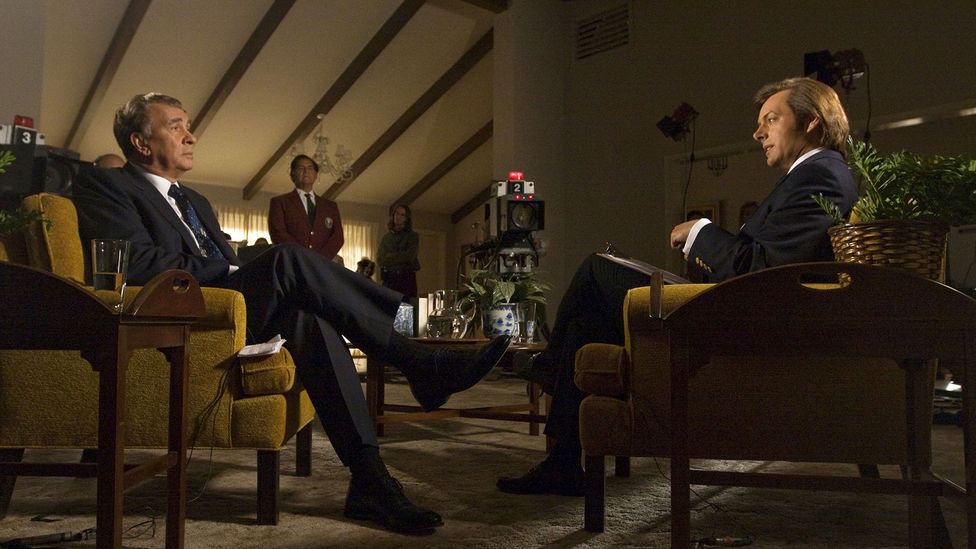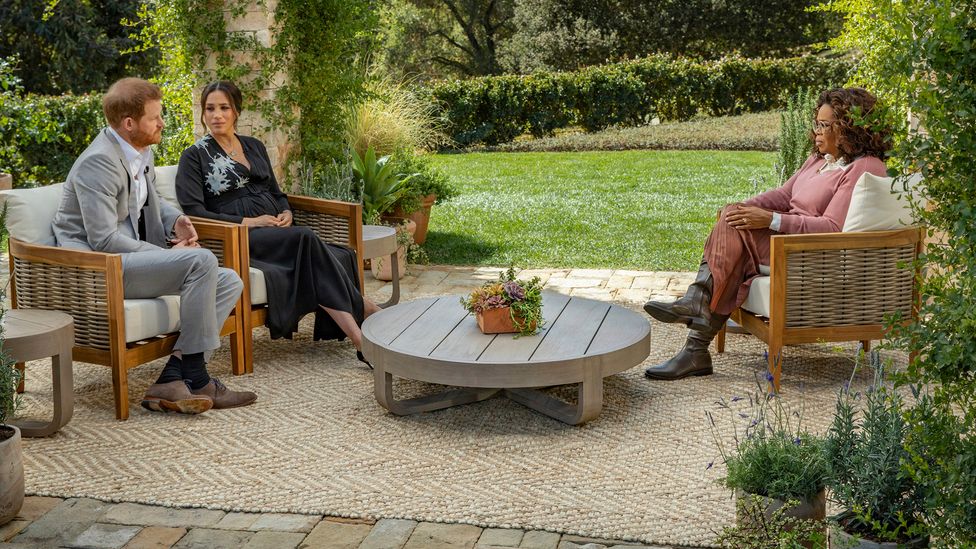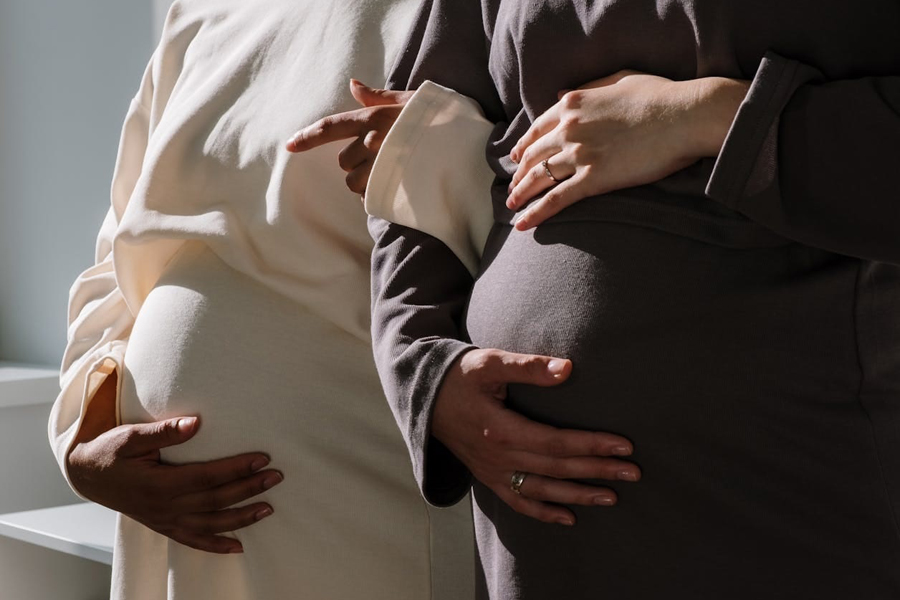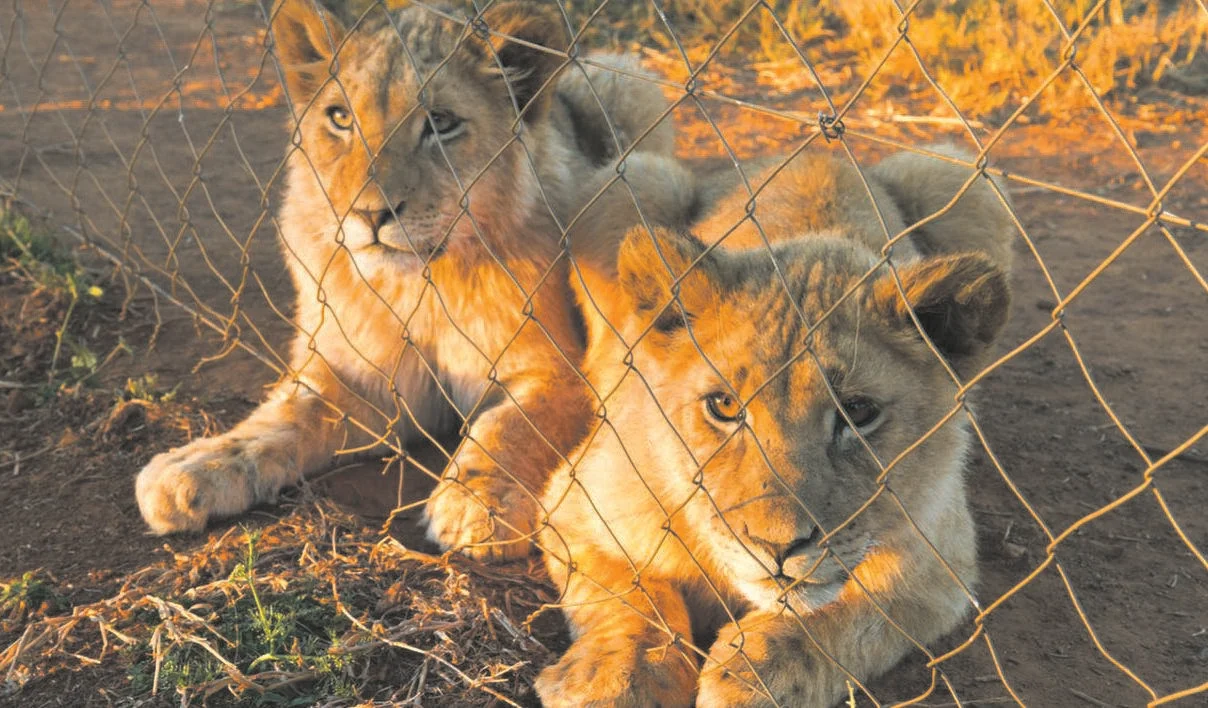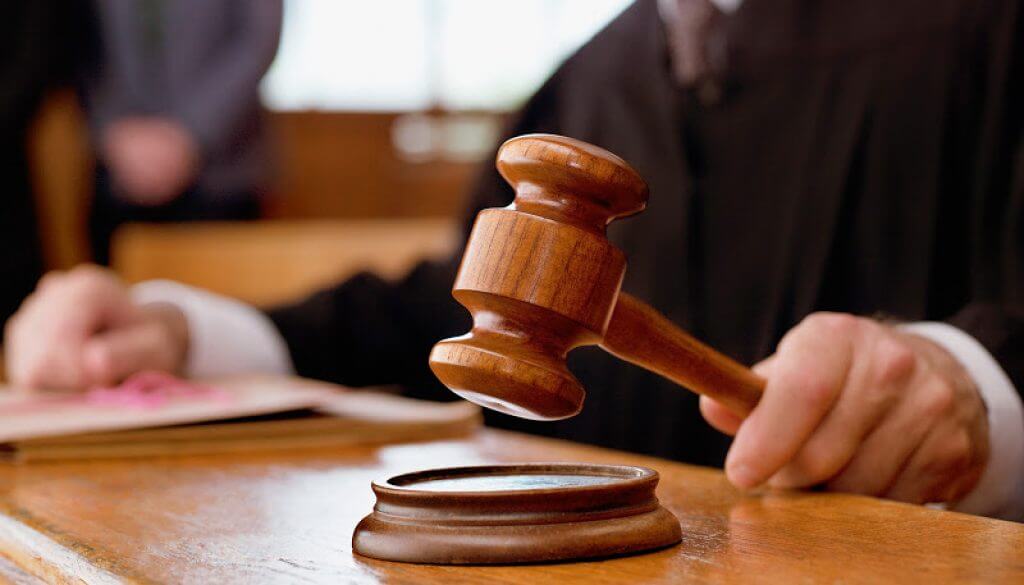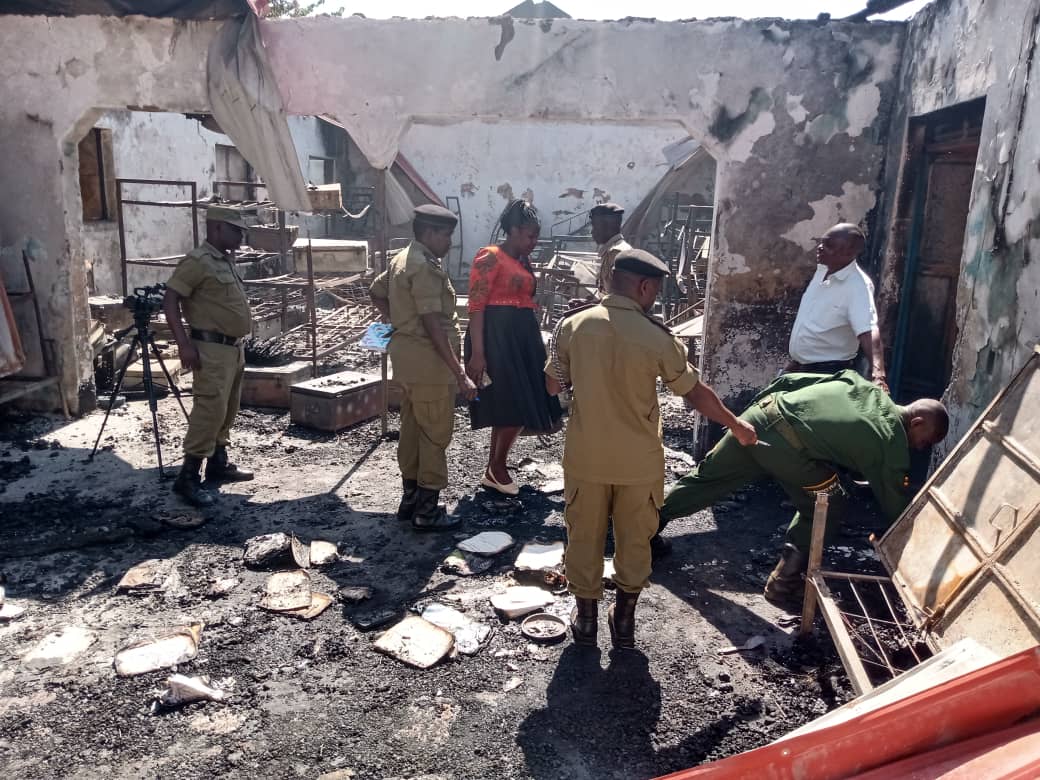For decades, the television interview has been its own artform, with interviewers whose fame often equalled their subjects. In 1953 CBS began broadcasting Person to Person, a puffy interview show hosted by the revered war correspondent Edward R Murrow, who chatted up movie stars and other public figures at home. The blurred line between news and entertainment goes way back. Such programmes could be hugely influential in those pre-cable, pre-streaming days of a few broadcast channels. In its global reach and its impact, the latest royal interview is a bit of a throwback.
Even in a different television era, however, interviews that changed the trajectory of the narrative as Oprah's has, or provided quotes that entered popular culture, were rare. There was David Frost's 1977 multi-part conversation with a defensive Richard Nixon, post-Watergate, who said of his crimes, "When the president does it, that means it's not illegal." Frost was sceptical but the claim had reverberations through the Trump years. Resonating with the latest royal interview, in 1995 there was Martin Bashir's with Princess Diana, who famously said, "There were three of us in this marriage, so it was a bit crowded." There was no turning back for her after that.
But for every jaw-dropping interview like those, there are many more like Diane Sawyer's widely-watched chat with Michael Jackson in 1995, timed to promote a new album and the first Jackson had given since being accused of child molestation two years earlier. Sawyer's lame follow-ups let him evade any hard-hitting questions. The Los Angeles Times said, "the media allowed themselves to be used," and Vanity Fair's headline called the broadcast The Jackson Jive, arguing that "Many with a detailed knowledge of the case were appalled… by Sawyer's lack of preparation or her inability to follow up within the format dictated by the Jackson forces."
Today Oprah may be the only person who could have gotten a substantial interview with the duke and duchess. As she pointed out at the start of the two-hour special, they are her California neighbours, and she was a guest at their wedding. That gave her entree few people could claim. For us mere mortal journalists, celebrity interviews are based on a useful artifice. We meet over coffee – or over the past year on Zoom – have a congenial talk in which the subject tries to get his or her message out, the journalist pushes to get something fresh, and we both go back to our real lives. But talking to these royals is Oprah's real life. In contrast, Frost had to pay Nixon to sit down with him. CBS reportedly paid Oprah's production company $7 million for the US rights, but as was pointed out at the start of the interview, none of that went to the Sussexes.
The journalistic strategies in these groundbreaking extravaganzas were effective in vastly different ways. Bashir simply sat back and give Diana prompts. She was ready to talk and he stayed out of her way. (There have been allegations that Bashir used fake documents to persuade Diana to take part, but the Metropolitan Police has ruled out any criminal activity.) Frost was armed with reams of facts, and used them to calmly push Nixon on legal and moral issues. Mostly he used the evidence to let Nixon, who had been hoping to rehabilitate his image, hang himself. The most memorable TV interviews, like these, enter popular culture. Peter Morgan turned the verbal sparring into Frost/Nixon, a 2006 play, and then a 2008 film starring Frank Langella and Michael Sheen, both versions with more dramatic flair and volume than the real-life inspiration.


